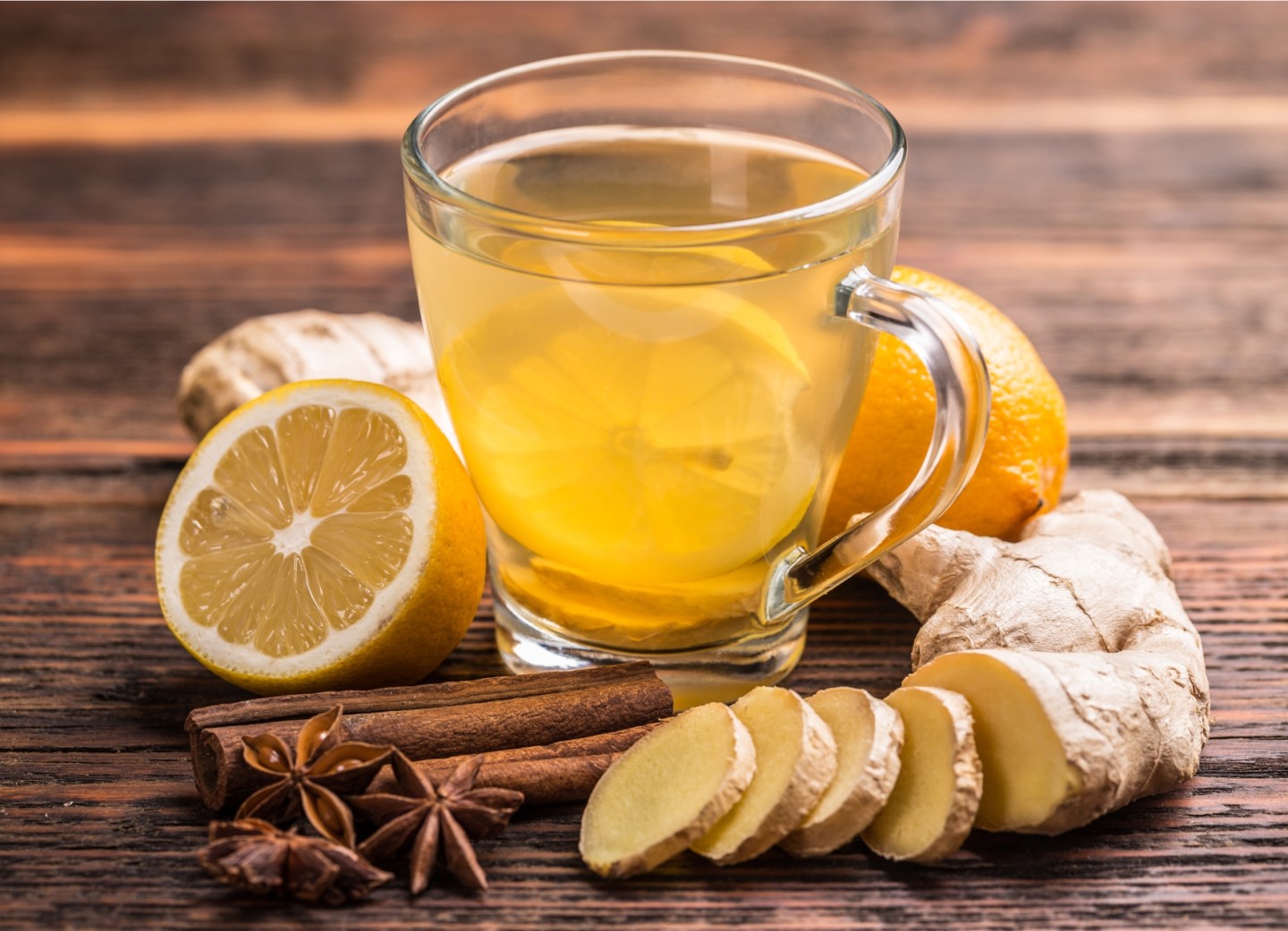
Flu and colds are often lumped together. The difference lies in the cause and the course of the illness:
although the symptoms such as fatigue, headache and aching limbs are similar, the course of flu is much more pronounced, usually associated with high fever and a more complicated course. Flu is caused by the influenza virus, which can be active all year round and also affects many people in summer, known as summer flu.
A cold tends to come on gradually; you first feel somewhat exhausted, but often attribute this to the change of season. As it progresses, a sore throat, runny nose, headache and aching limbs often join the symptoms. A cold is caused by a variety of pathogens that are particularly active during the colder months, as they can survive better at lower temperatures. People spend more time indoors, rooms are ventilated less frequently – and where many people gather, infections can spread more easily and on a larger scale via droplet infection.

